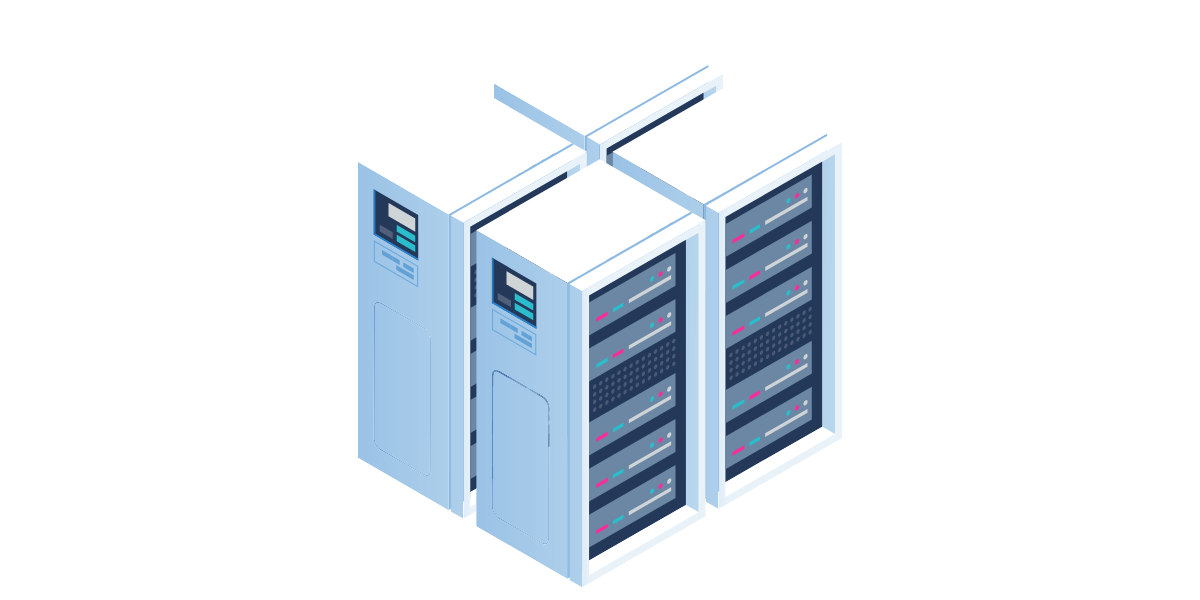
Many people are familiar with solar energy and the many advantages of installing some solar panels, including lower electric costs and helping to stop global warming. The thing that most people do not know is that there are a variety of alternatives to choose from when it’s time to transition to solar power. Some of the more sought-after choices are called grid connect and stand-alone power systems.
Grid Connect
Grid connect happens when a homeowner chooses to install solar panels. However, they are still linked to the grid. Solar panels provide them with the energy they require during the day. However, when they are using up the energy or do not receive the solar energy that they receive from their panels, for instance, during a day of rain or at night, the power source is drawn directly from the grid.
They are generally less expensive to set up and operate. They ensure that homes can be powered throughout the night, which can reduce the impact of a household in the world, as well as will drastically reduce energy costs.
However, however, when electricity is cut off, so are the lights of these homes. Many homes tied to the grid decide to make use of converters that operate on electricity. This means that those with solar panels would remain dark while the rest of the town is.
Stand-Alone Systems
Stand-alone systems function similarly to grid connect. However, the main distinction is that they aren’t connected to the grid in any way. Rural homes without power typically choose to provide all their energy.
They function similarly to other solar-powered systems, however, when the panels produce higher energy levels than the energy used and stored in batteries. When night comes around or on days with rain and such, the home is still able to get the energy it requires due to those batteries.
The price of batteries is what keeps many people from purchasing independent systems, even if they have grid connections. However, there are a few who enjoy the thought of power being available during a power outage.
Apart from the higher costs of installing an independent installation, the system has few drawbacks. Many households claim that they have the amount of energy that is stored within batteries to last the night until the sun rises back up. Furthermore, green homeowners are happy that they do not cause anything to harm the environment because they are connected with the power grid.
In deciding which one is best for them, the majority of homeowners consider the cost of installation, as well as what their estimated electricity bill will be if they remain tied to the grid, and then determine whether a stand-alone power system is worth the cost in the long term. It is also important to consider the efficiency of their electricity. Homeowners who have grid connections but suffer frequent outages tend to choose not to connect to the grid.
It is evident that a stand-alone system is more beneficial for the environment. However, grid connects systems are still able to enable families to save on electricity bills and aid in reducing the harm they do to the environment. While they don’t remove the harm, however, every little bit can help.
It is the responsibility of each family to weigh up all the benefits and drawbacks and also the cost prior to making a decision on the right system for their house. Professionals working in the solar sector are generally well-informed on the various options and are able to answer any questions prospective customers might have.
